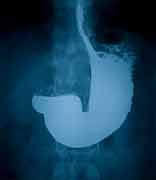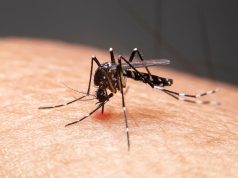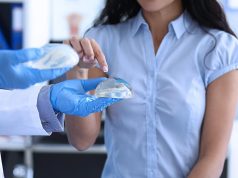U.S. children with genetic polymorphism affecting secretor status seem to be protected from rotavirus
MONDAY, Sept. 21, 2015 (HealthDay News) — U.S. children with a genetic polymorphism affecting FUT2 secretor status appear to be protected from severe rotavirus gastroenteritis, according to a study published online Sept. 21 in JAMA Pediatrics.
Daniel C. Payne, Ph.D., M.S.P.H., from the U.S. Centers for Disease Control and Prevention in Atlanta, and colleagues conducted a multicenter case-control observational study involving active surveillance at six U.S. pediatric medical institutions. A total of 1,564 children younger than 5 years with acute gastroenteritis and 818 healthy controls were enrolled. The authors tested paired fecal-saliva samples for rotavirus and secretor status.
The researchers found that 0.5 percent of the 189 rotavirus test-positive cases was a nonsecretor, compared with 23 percent of healthy controls (P < 0.001). Healthy control participants of Hispanic ethnicity were less likely than those not of Hispanic ethnicity to be nonsecretors (13 versus 25 percent; P < 0.001). Children with the nonsecretor FUT2 polymorphism appeared statistically protected against severe rotavirus gastroenteritis, after adjustment for vaccination and other factors (98 percent).
“Severe rotavirus gastroenteritis was virtually absent among U.S. children who had a genetic polymorphism that inactivates FUT2 expression on the intestinal epithelium,” the authors write. “Our findings may have bearing on our full understanding of rotavirus infections and the effects of vaccination in diverse populations.”
One author disclosed financial ties to GlaxoSmithKline.
Copyright © 2015 HealthDay. All rights reserved.








